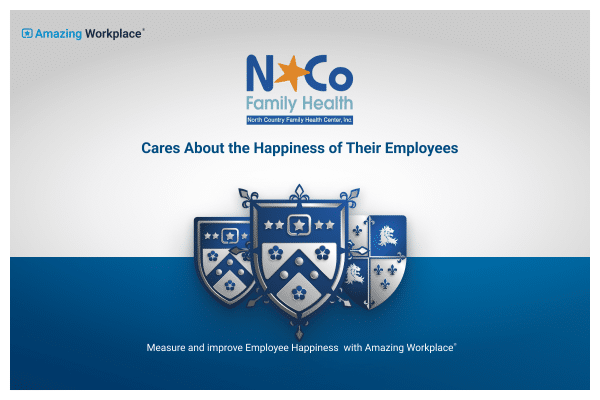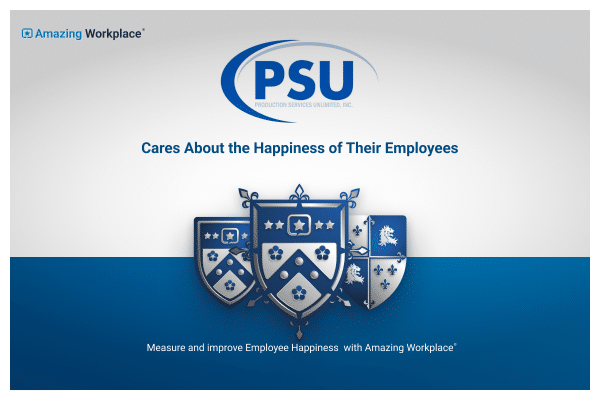How To Build Trust in Teams
Need to learn out how to build trust in a team? Important team building trust strategies & why building trust in the workplace helps you & employees.

Company culture is a part and parcel of success. Building a truly exceptional culture depends upon trust within the organization.
Trust is defined as a “firm belief in the reliability of truth, or the ability of someone or something”.
Trust builds solid relationships and means that you can depend upon the rest of your team no matter what. To achieve a high level of operation with a team that feels like they are a part of an amazing workplace should be the goal of any team leader. You will never be able to increase levels of productivity and effectiveness without high levels of trust. Trust is key to a successful team because it provides a sense of safety for everyone in the team. It means that you can rely on teamwork. A lack of trust results in a lack of well-being in the group. Trusting someone else to do what needs to be done is a building block of teamwork.
Hard work mixed with integrity leads to collaboration. High-performing teams use creative thinking to boost productivity. Believing your colleagues will do their best in any circumstance to help the group attain its goals comes from trust in the whole team.
Why is building trust in teams important for leaders?
Remote teams and hybrid work arrangements are here to stay. Working together in a team isn’t the same as it used to be. Some teams have never even met face to face. Some teams are spread all over multiple time zones which can cause fractious or broken communication lines. Poor communication can result in unresolved conflicts between your virtual team members. Without a culture of trust, your employee engagement is lower than it should be and your organization’s output will be affected negatively. Google’s research shows that top-performing virtual teams report higher levels of trust than less successful teams. They found that only 49 percent of full-time workers believed that they felt like there was “a great deal of trust” in those working above and alongside them. That leaves over half of all full-time workers without trust in their workplace.
A work environment that builds trust is one that also engenders a workplace culture of collaboration.
What causes team trust to decline?
Team trust needs to remain high or your team members’ vulnerabilities begin to show. Production will start to slip and the whole team will suffer.
Lack of communication
Without clear communication, your team will not be in close contact. Misunderstandings and miscommunications become commonplace when you don’t have clear correspondence. Getting tasks handled fast and correctly requires being able to listen to what is being said by your team both verbally and non verbally as well as send out instructions and requests that can be easily duplicated and understood. Not responding to messages or ignoring communication or comments can be disastrous when it comes to building team trust. Team culture takes time to create and trust-building can only be achieved when you tell the truth and work together. Failing to acknowledge when someone in the team has done a great job can end up festering. When you overcome obstacles together use it as a team-building exercise. Praise can go a lot further than disciplinary actions. Open communication in a team builds trust and collaboration.
Dependability
Decision-making is one thing but executing those decisions means you have to have a strong team in place that trusts each other to do their part. “A chain is only as strong as its weakest link” is an old saying but holds true when it comes to teamwork. Dependability is a trait that builds trust. When you can consistently rely on someone or a group within your team to get something done on time with little or no errors, and they continually do their best work, you have people you can trust. And they trust that you will keep up your side of the relationship. Support and job satisfaction on a personal level for all concerned are also built upon dependability. When you can’t depend on your team productivity slows or grinds to a halt. Disagreements begin to be aired and blame can quickly follow. This is especially true when it comes to virtual and remote teams.
Psychological safety
Being able to take risks on the team without feeling insecure or embarrassed is one aspect of psychological safety that needs to be addressed. However, because of the global Covid-19 pandemic, we are now working from home more and more. The work-life balance has been drastically affected. Remote teams now have other distractions and they may even set their own hours. On top of the challenges of dealing with normal issues in teams in the workplace, as a team leader or manager, you will have to take into account the team member’s personal life and work-life balance as well.
Many parents have had to home school their kids while schools were shut and some have had to isolate if they were in contact with someone who had the virus or if they displayed symptoms. Psychological safety is essential to feeling like you can trust the team. Open communication means you have the door open if it is necessary. You are not expected to pry into the team’s private lives but if they feel they can volunteer information about themselves and their situation because it affects production then it should be encouraged. For example, if a team member has a loved one who is ill and needs to be cared for or a child needs something, but they can get the task done in a certain time frame but need a day or two off work this could be granted once discussed.
Takeaways
Building trust in virtual teams is a part of being a leader. Teamwork can’t exist if there is no trust. You have to support each other from the top-down as well as having the support from the foundation of your team. It works both ways. You trust them and they trust you. Without this reciprocal relationship, trust falls away. It is something that needs to be continually nurtured and fostered. With trust, you and your team will have a tight-knit community within the organization that supports itself and each other. The sky is the limit.


